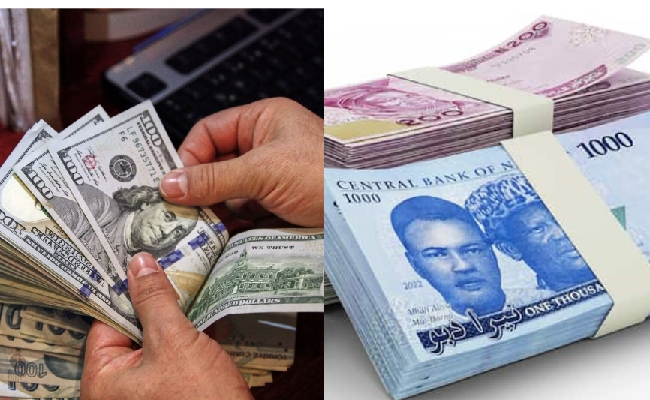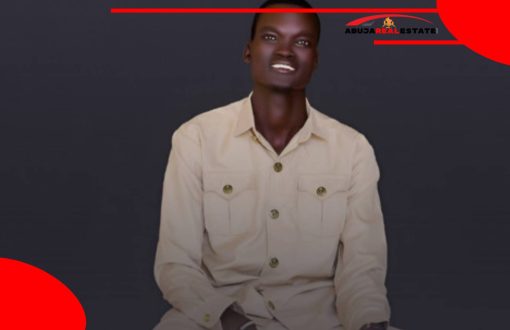Dollar to Naira Black Market Rate Today in Abuja Zone 4 – August 2025 Update

In Abuja’s Zone 4, the dollar traded in August 2025 at rates between ₦1,550 and ₦1,560, reflecting the intensity of demand within Nigeria’s largest black market hub. Traders reported brisk activity as buyers and sellers crowded the parallel market to secure dollars for business, travel, and imports, with the exchange gap widening steadily compared to official windows.
The month began with the naira showing signs of fragility, as dealers pegged the greenback at just over ₦1,550. By the second week, pressure on demand caused fluctuations, with several traders quoting higher figures in response to tightening supply. At one point, buying rates touched ₦1,555, while selling prices moved closer to ₦1,565, highlighting the volatility that characterized trading throughout August.
Mid-month brought sharper swings, with many market watchers noting the naira’s struggle to maintain stability. In some locations, the dollar briefly crossed into the ₦1,570 range, but in Zone 4 the average still held within ₦1,550 to ₦1,560, making the district a focal point for competitive pricing. This consistency contrasted with other areas where rates climbed more aggressively, underscoring Abuja’s role as a stabilizing hub in the black market.
Despite efforts to manage liquidity in the official sector, the disparity between official and parallel market rates remained wide, reinforcing the dependence of businesses and individuals on black market transactions. August’s figures once again underscored the reality that, for many Nigerians, the parallel market has become the most accessible and immediate avenue for foreign exchange.
By the end of the month, the story of the naira was one of mounting pressure, a resilient but strained currency fighting against rising demand for dollars. Zone 4 traders, while maintaining a narrow band between ₦1,550 and ₦1,560, became a mirror of the broader economic mood: cautious, tense, and uncertain about where the naira heads next as Nigeria approaches the final quarter of the year.


